Efficient thermal destratification is a prerequisite for a pleasant indoor environment. When dispersing air through conventional metal ducting this is difficult to achieve, as the technological shortcomings result in stale air, coupled with hot or cold spots. Switching to fabric-based air dispersion technology efficiently solved this challenge.
Stratification, also known as layering of differing air, happens in any space if not specifically countered. The temperature increases from floor to ceiling, because cold air is heavier than hot air.
Typically, there's a temperature difference of up to 1,5°C per vertical foot. The higher the ceiling, the more extreme the temperature difference between floor and ceiling. In between the two, the air settles in layers. Destratification is the reversal of this process.
FabricAir dispersion technology offers unrivalled destratification, with a low temperature gradient across the space being conditioned. This is the result of a fully flexible air engineering design scheme that covers profiles, fabrics types, flow models and suspension solutions.
Using engineered airflows to mix the internal air eliminates layers of hot, cold and/or stale air and ensures temperature equalization throughout the space – a process known a thermal destratification.
Even air dispersion without unpleasant drafts creates the best indoor environment and efficient temperature equalization is an important aspect.
There are a large number of factors that influence the optimal design for a specific project or application, e.g. the number of people, the processes that happen in the space, the HVAC specifications, the location of supply and return air, solar gains and insulation against outside weather conditions, etc. This is why selecting a flexible and versatile technology is crucial to achieving efficient thermal destratification.
Using a combination of flow models the air engineer designs the best air flow patterns for the given space and purpose. Typically the ideal solution contains a mix of surface flow models and directional throws. A high air change at low velocity will in many cases be preferred in order to achieve optimum comfort and a draft-free work environment. CFD is often used to verify the efficiency of the solution, especially in more complex applications.
The customised FabricAir dispersion system is tailored to specifications and arrives onsite only two weeks after the order is released for production. It arrives ready for installation and there is no need for onsite attenuation, insulation, painting and so forth. Coupled with ease of transportation and simple installation process it amounts to up to 70% savings on total installed costs.
The precision airflow patterns and efficient thermal destratification also make FabricAir dispersion solutions a more energy-friendly alternative. Up to 40% savings can be achieve by simply switching from metal-based ducting to FabricAir ducting.
This is why fabric-based air dispersion technology is the most efficient way to achieve efficient thermal destratification.
To learn more, please visit www.fabricair.com.
Construction News
03/05/2019
How To Achieve Efficient Thermal Destratification
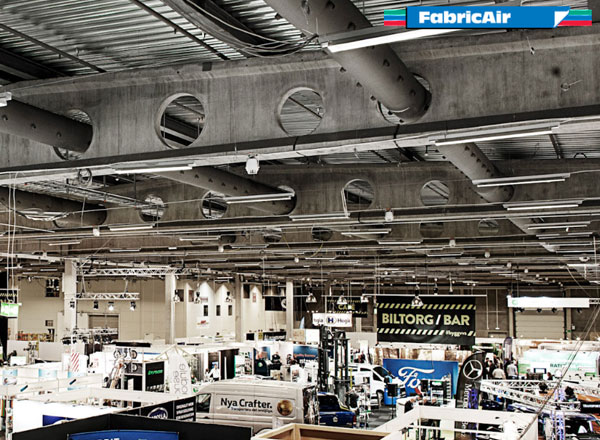
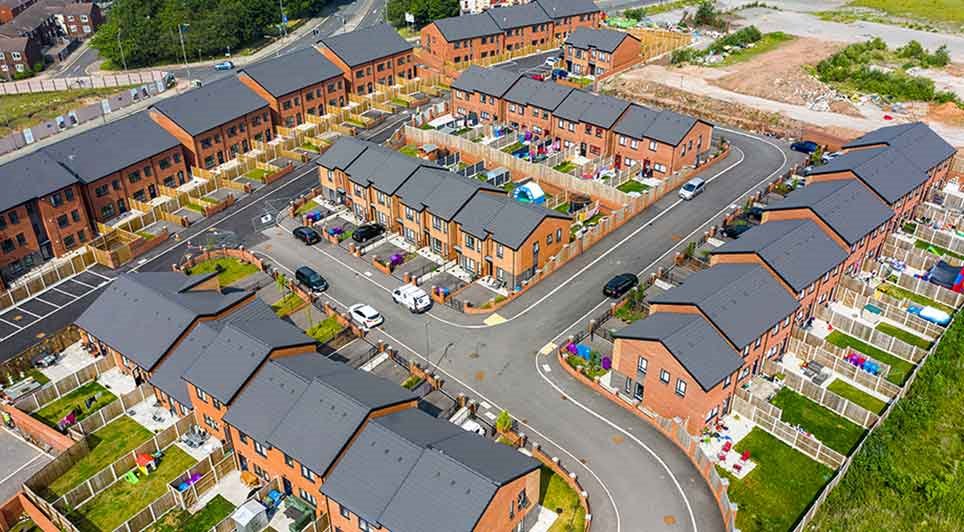
04/07/2025
JV North has announced the list of contractors and consultants appointed to its £500 million social housebuilding framework, which aims to deliver around 3,000 homes across the North West over the next four years.
The housing consortium, which includes 14 members, launched the procurement process i
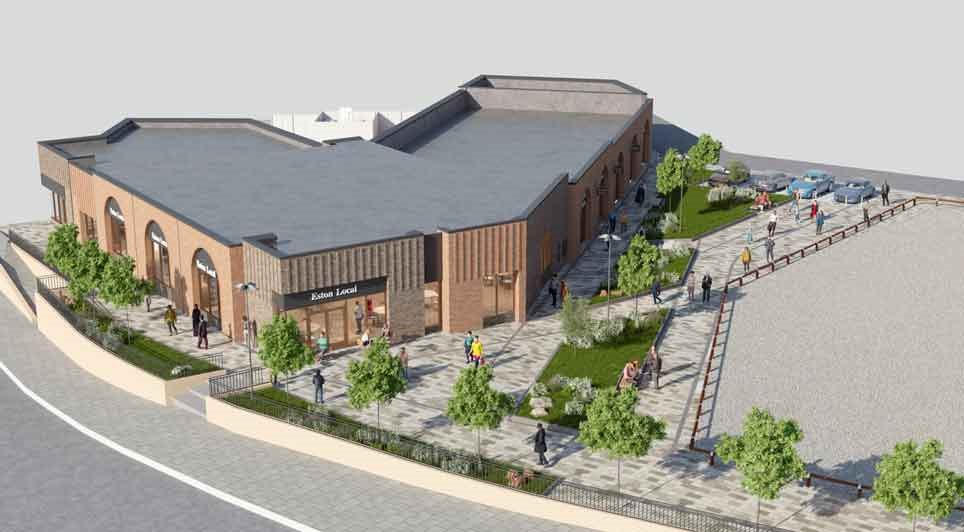
04/07/2025
Work has officially started on preparing Eston Precinct for demolition, marking the first step in a major regeneration project led by Redcar & Cleveland Borough Council.
Esh Construction has been appointed to deliver the scheme, which will begin with the safe removal of asbestos and the soft strip

04/07/2025
The Secretary of State for Energy Security and Net Zero hasgranted development consent for the Mona Offshore Wind Farm.
The scheme, located in the Irish Sea, will deliver approximately 1,500MW of clean energy capacity and forms part of the Round 4 Offshore Wind Licensing Arrangements. The applicati
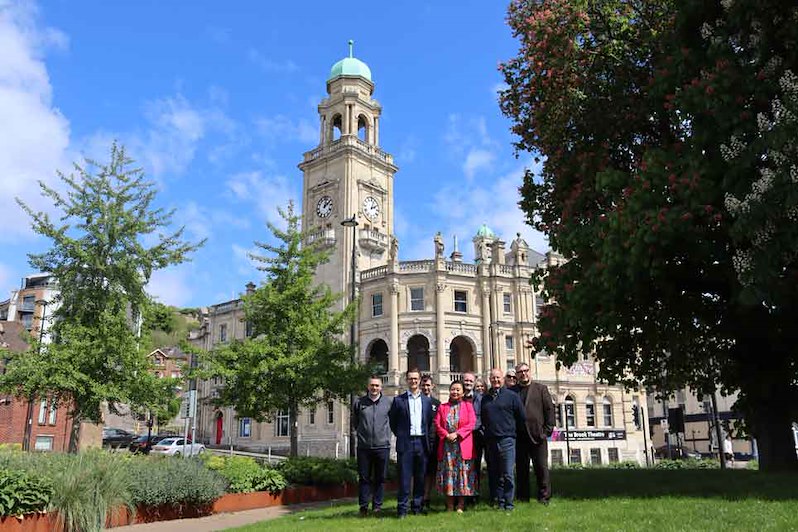
04/07/2025
The restoration of Chatham’s iconic Brook Theatre is officially underway, with the appointment of contractors to carry out the £21 million transformation of the 125-year-old building.
Originally opened in 1899 as Chatham Town Hall, the Grade II listed Renaissance-style landmark has served the commu
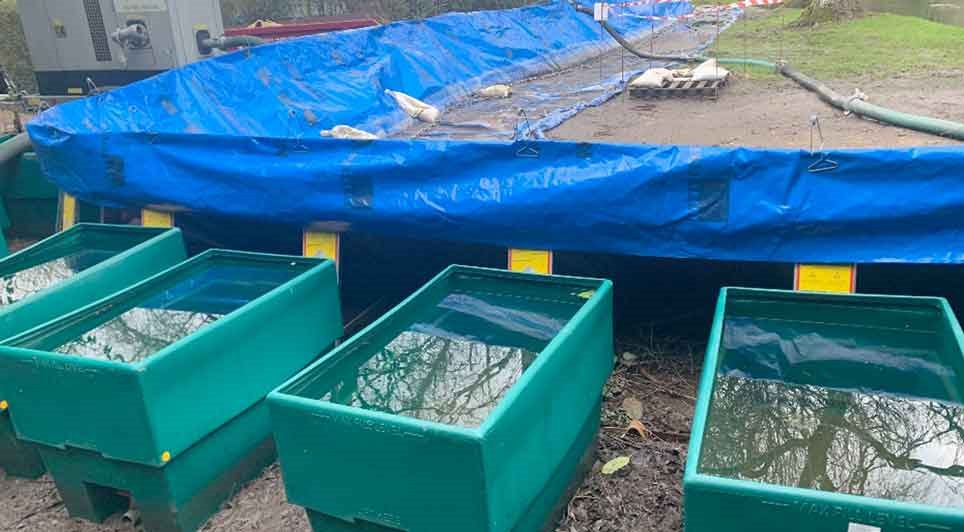
04/07/2025
Work to upgrade a flood-prone section of Stockbridge Road in Timsbury is set to begin later this month, as part of a joint project between the Environment Agency and Hampshire County Council to improve local flood defences.
Starting on 28 July, the five-week scheme will deliver vital improvements a

04/07/2025
Oldham's town centre regeneration has taken a major step forward, with planning consent now granted for all six sites earmarked for transformation through the partnership between Muse and Oldham Council.
The approval represents a significant milestone in the long-term vision to create a vibrant, in

04/07/2025
As temperatures soared during this week's heatwave, euroloo's innovative EcoWelfare units proved to be a game-changer on construction and outdoor sites across the country.
Designed with comfort and sustainability in mind, these multi-functional welfare units offer everything teams need to stay pro

04/07/2025
Atlas Site Engineering, a trusted name in precision setting out and site engineering services, continues to support the construction industry with expert solutions ranging from small residential extensions to multi-storey high-rise developments.
With a reputation for accuracy and reliability, Atlas
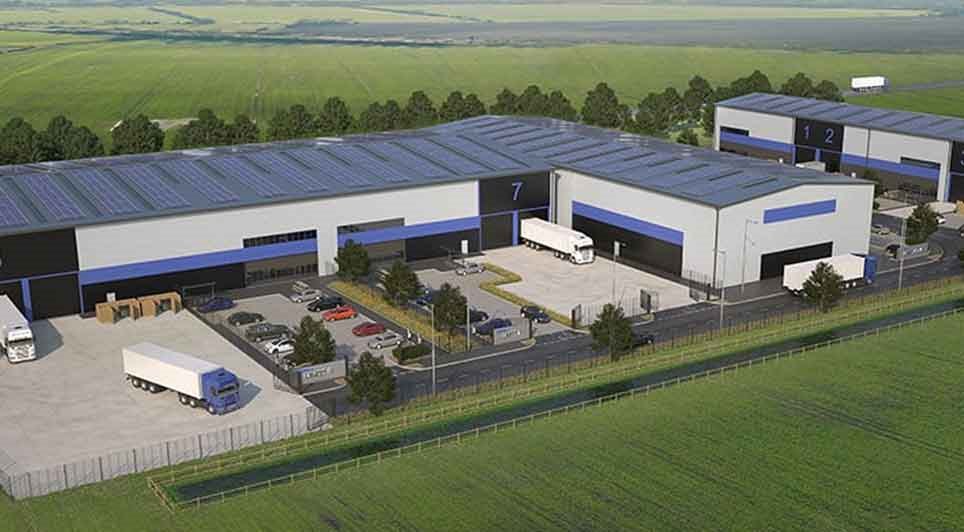
03/07/2025
Associated British Ports (ABP) has submitted a reserved matters application for 103,000 sq ft of speculative industrial and logistics space at Helm @ Immingham.
This marks the first phase of development at the 227-acre site.
The scheme will deliver a range of purpose-built units from 4,820 sq ft
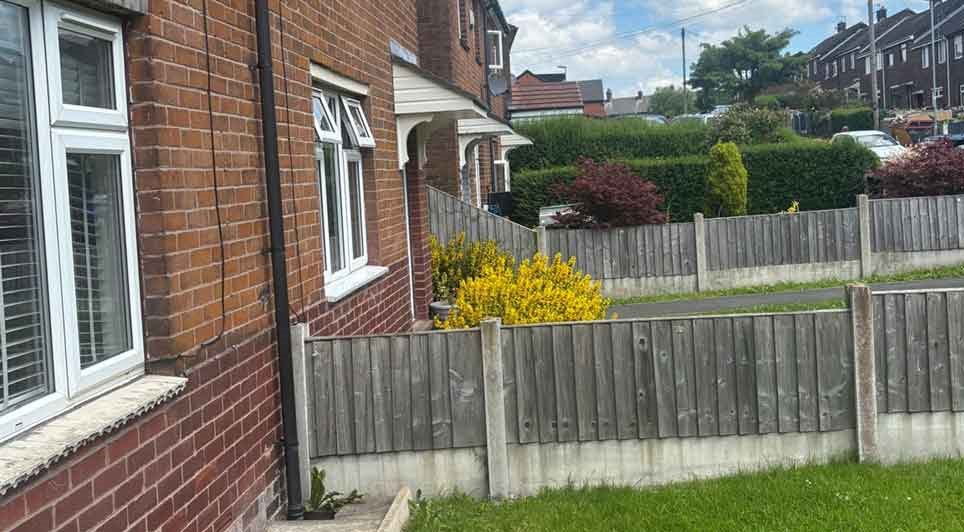
03/07/2025
First Choice Homes Oldham (FCHO) is set to begin a major new phase of energy efficiency upgrades this month, with a £6.1 million investment aimed at improving 645 homes across the borough.
Starting 14 July, properties in Abbey Hills, Roundthorn, Shaw, and several estates in Chadderton will receive
 UK
UK Ireland
Ireland Scotland
Scotland London
London











